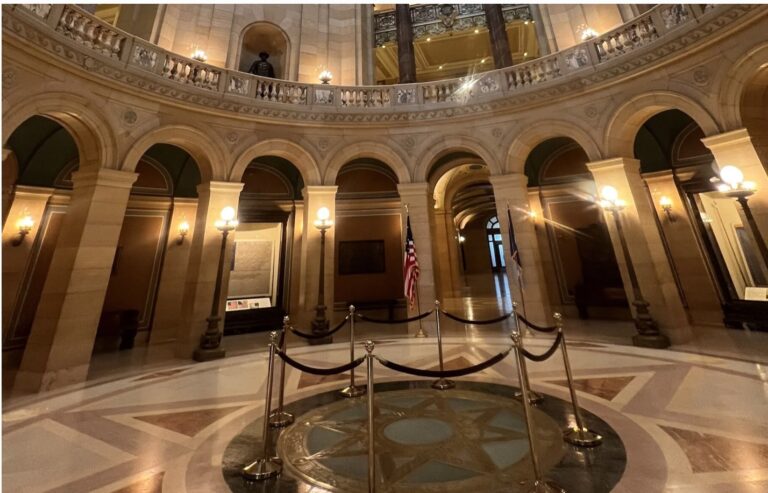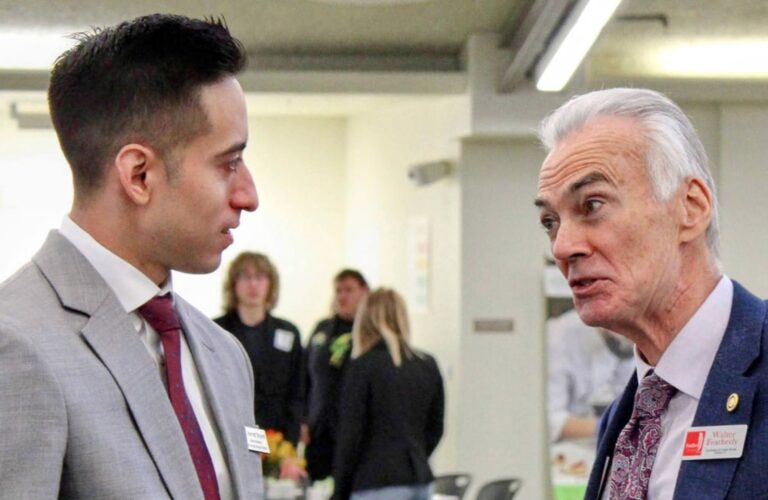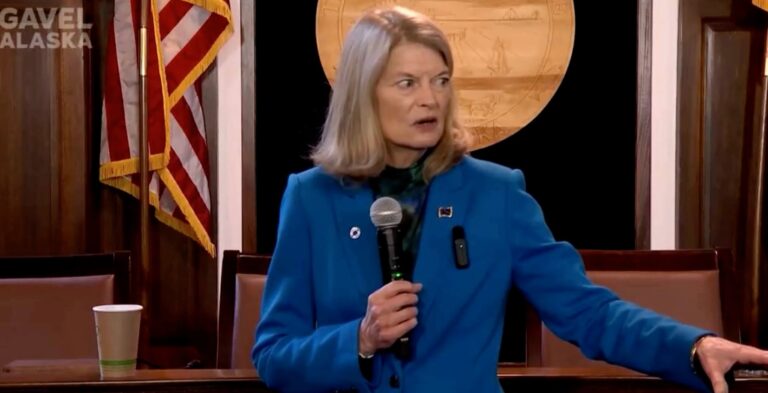THE CENTER SQUARE | MUST READ ALASKA
Two Minnesota state lawmakers who are members of the Democratic-Farm-Labor Party were shot early Saturday by a person posing as a law enforcement officer just north of Minneapolis.
House Speaker Emeritus Melissa Hortman, and her husband, were shot and killed in what Gov. Tim Walz called a politically motivated assassination. The suspect, who was impersonating a police officer, remains at large and a manhunt is under way.
The suspect is believed to be Vance Luther Boelter, a former board appointee of Gov. Walz. He had fliers in his vehicle with the words, “No Kings,” a reference to the planned insurrection and protests against the Trump Administration. He also had what appeared to be a manifesto with other political figures’ names on it.

Law enforcement issued a shelter-in-place order for an area around Edinburgh Course that continued in the morning hours Saturday while they continued to search for a man believed to be wearing blue pants, a blue shirt, body armor, and reportedly driving a dark SUV with lights.
The shelter-in-place order extended as far away as at least 10 miles east of the shooting area.
State Sen. John Hoffman, DFL-Brooklyn Park, and his wife also were shot about 2 am, and Hortman and her husband were found about 90 minutes later.
Walz said the Hoffmans were each shot multiple times but was he hopeful for their recovery.
“The Hoffman’s are out of surgery at this time and are receiving care, and we are cautiously optimistic they will survive this assassination attempt,” Walz said.
President Donald Trump also released on X, posted by White House Press Secretary Karoline Leavitt.
“Our Attorney General, Pam Bondi, and the FBI are investigating the situation, and they will be prosecuting anyone involved to the fullest extent of the law,” Trump said. “Such horrific violence will not be tolerated in the United States of America. God Bless the great people of Minnesota, a truly great place!”
Drew Evans, superintendent of the Minnesota Bureau of Criminal Apprehension, said Saturday that officers arrived at the Hortman residence as part of a routine check on lawmakers in the area and exchanged gunfire with the suspect, who managed to flee.
Brooklyn Park Police Chief Burley said officers knocked on the Hortmans door and were met by what appeared to be a police officer wearing police gear, a gun, a taser and a badge. Officers and the suspect exchanged gunfire in the home before the suspect fled out the rear of the house.
Update: Boelter is the director of Security Patrols at Guard Security Services in Minnesota, which may be how he was able to easily impersonate an officer.
The Minnesota State Patrol advised, “Given the targeted shootings of state lawmakers overnight, we are asking the public to not attend today’s planned demonstrations across Minnesota out of an abundance of caution.”









